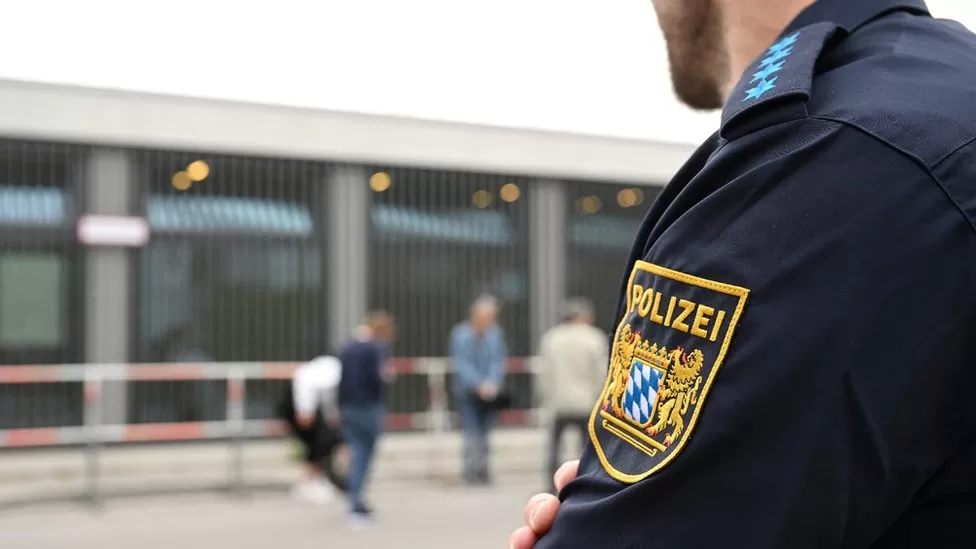Germany has prohibited the far-right organization Artgemeinschaft, accusing it of disseminating Nazi ideologies to children and young people. The Interior Minister, Nancy Faeser, labeled the group “deeply racist and antisemitic,” aiming to cultivate “new enemies of the constitution.”
Artgemeinschaft, translating to “racial community,” utilized Nazi-era literature and cultural events to propagate its ideology, with police conducting raids on numerous locations associated with the group across 12 German states. The organization, boasting around 150 members, advocated for “racial preservation” and operated under the guise of “pseudo-religious Germanic beliefs.”
The ban extends to the group’s online platforms, publications, and Familienwerk, an affiliated association. This action follows the recent prohibition of Hammerskins, another neo-Nazi organization involved in distributing racist music and organizing far-right events.
Artgemeinschaft, one of Germany’s oldest neo-Nazi groups, has been instrumental in linking various far-right entities within the country. Stephan Ernst, a member of the group, was responsible for the racially motivated murder of politician Walter Lübcke in 2019. Other members reportedly had connections with convicted neo-Nazi Ralf Wohlleben.
Germany’s domestic intelligence estimates that the country hosts 38,800 active right-wing extremists, with over a third deemed “potentially violent.” The Interior Minister emphasized the multifaceted nature of right-wing extremism, noting that while Artgemeinschaft operated differently from Hammerskins, it remained equally perilous.

